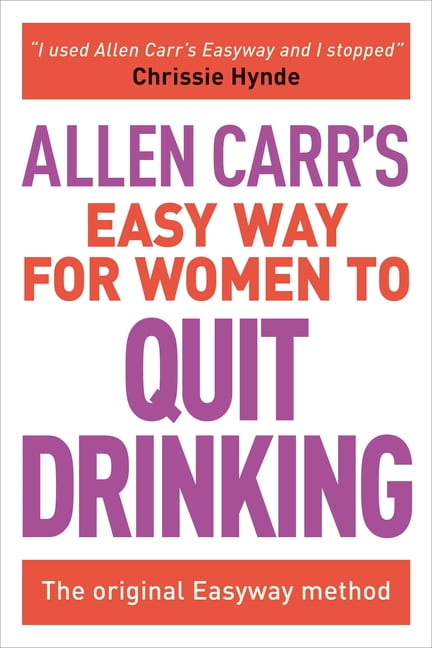

Lessons are released on a weekly basis and take roughly two hours to complete on average. Within its overarching structure, Tempest offers members a number of ways to personalize their participation.

The former seeks to help members rethink their relationship to alcohol, while mindfulness techniques have been used to reduce cravings for drugs and make practitioners less reactive to triggers. Tempest’s design is straightforward and draws primarily from two practices with established psychological benefits: cognitive behavioral therapy and mindfulness. In the meantime, she has found not only an eager following but an untapped market. As Whitaker’s star rises, so too does the burden of proving her central claims: that Tempest helps women especially to stop drinking and that women especially stand to benefit from sobriety. Whitaker’s book has sold more than 265,000 copies, and that was before it appeared on a recent episode of And Just Like That … (when Miranda drunk-ordered a copy for herself). Countless more are fans of Quit Like a Woman - including Chrissy Teigen, who credited the book with her decision to get sober, prompting a rash in sales. According to Whitaker, more than 10,000 people have joined as paying members. Six years later, Tempest is a small but mighty alternative to traditional recovery models like rehab and Alcoholics Anonymous. The program was designed to help people - especially women - reach the same epiphany that she had: Alcohol is pointless, poisonous, and even anti-feminist. She quit for good on April 14, 2013, and two years later, she launched an online alcohol-counseling program called Hip Sobriety (later renamed Tempest, in part as an homage to the women-led temperance movement) for 13 members who convened on Facebook. Whitaker’s sobriety suffered a few false starts an office holiday party provided her a good enough reason to try drinking again after two months off. “I am someone who has broken our social contract.” “I’m not an alcoholic,” writes Whitaker of reactions to that first attempt at sobriety. Friends and acquaintances were disappointed and oddly defensive. But when she chose to stop, she decided there was no such thing as “normal” drinking.

As long as someone, somewhere, was drinking more than she was, Whitaker writes, she could count herself among the normal drinkers. If, in reading this now, you decide your drinking isn’t a problem because you drink less than a bottle of wine a night, Whitaker has your number she did this too. “I really never loved alcohol,” she tells me, but “it didn’t even occur to me that I could quit drinking.
Trendy new way to quit drinking how to#
Sure, she needed to learn how to moderate, but she wasn’t the sort of person for whom abstinence was necessary. She drank a lot - sometimes more than a bottle of wine a night* - but not enough, she thought, that it was a problem. Whitaker has never been comfortable with the term alcoholic and didn’t necessarily drink to the extent we imagine many alcoholics do. Holly Whitaker, author of the 2019 New York Times best seller Quit Like a Woman, compares the moment she realized that a life without alcohol was possible to entering the Matrix. Photo-Illustration: Photo-Illustration: The Cut Photos: Getty Images


 0 kommentar(er)
0 kommentar(er)
